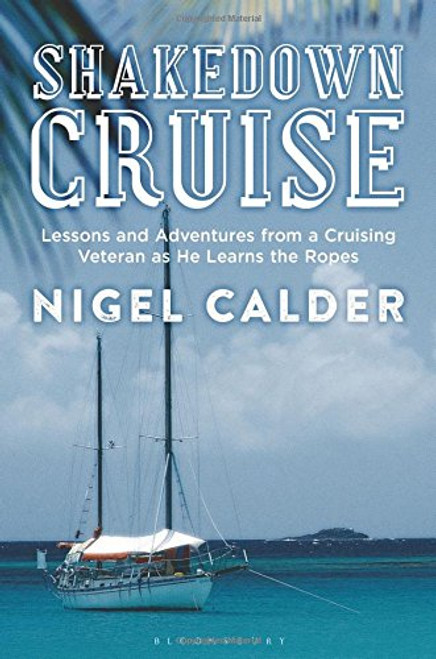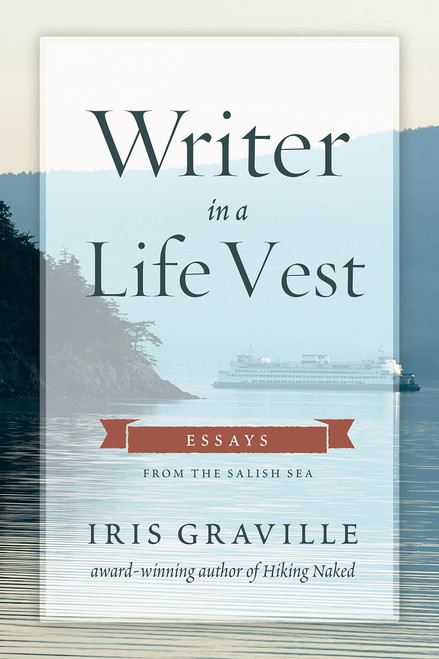Product Description
Part lyrical natural history, part social and philosophical manifesto,Totem Salmontells the story of a determined band of locals who've worked for over two decades to save one of the last purely native species of salmon in California. The book-call it the zen of salmon restoration-traces the evolution of the Mattole River Valley community in northern California as it learns to undo the results of rapacious logging practices; to invent ways to trap wild salmon for propagation; and to forge alliances between people who sometimes agree on only one thing-that there is nothing on earth like a Mattole king salmon.House writes from streamside: "I think I can hear through the cascades of sound a systematic plop, plop, plop, as if pieces of fruit are being dropped into the water. Sometimes this is the sound of a fish searching for the opening upstream; sometimes it is not. I breathe quietly and wait." Freeman House's writing about fish and fishing is erotic, deeply observed, and simply some of the best writing on the subject in recent literature.
House tells the story of the annual fishing rituals of the indigenous peoples of the Klamath River in northern California, one that relies on little-known early ethnographic studies and on indigenous voices-a remarkable story of self-regulation that unites people and place. And his riffs on the colorful early history of American hatcheries, on property rights, and on the "happiness of the state" show precisely why he's considered a West Coast visionary.
Petitions to list a dozen West Coast salmon runs under the provisions of the Endangered Species Act make saving salmon an issue poised to consume the Pacific West. "Never before, said Federal officials, has so much land or so many people been given notice that they will have to alter their lives to restore a wild species" (New York Times,2/27/98).Totem Salmonis set to become the essential read for this newest chapter in our relations with other wild things.















